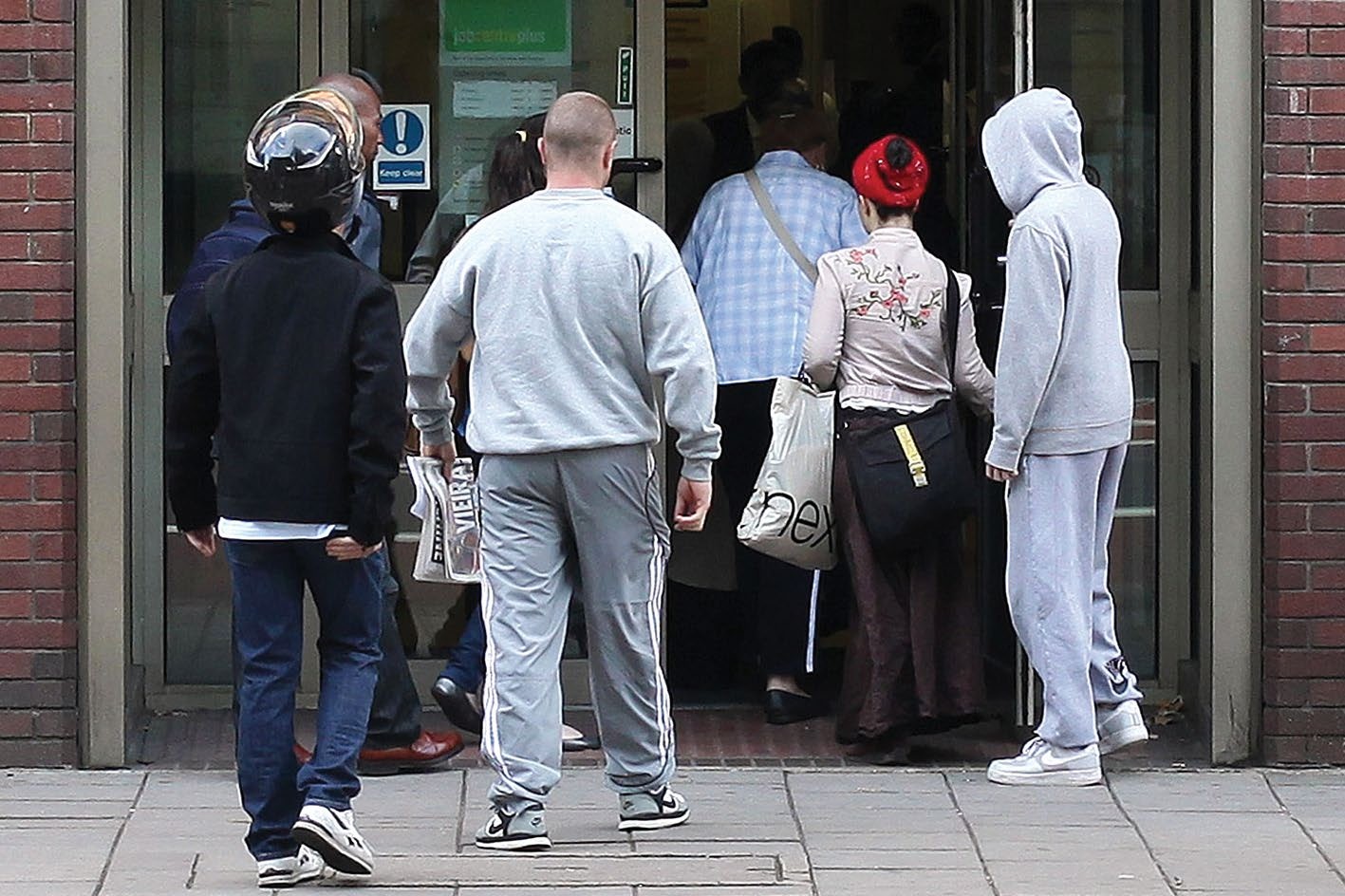Are you prepared to have your savings put into compulsory “recovery bonds”?
The pandemic has put a huge hole in public finances – while bolstering many of the country's savings. Could one be used to bail out the other? Merryn Somerset Webb ponders the possibilities.


Get the latest financial news, insights and expert analysis from our award-winning MoneyWeek team, to help you understand what really matters when it comes to your finances.
You are now subscribed
Your newsletter sign-up was successful
Want to add more newsletters?
You will be worried about the debt. That makes sense. As Philip Aldrick notes in The Times, since last March governments have spent $14trn on trying to mitigate the effects of their virus prevention policies. Global public debt has risen from 84% to 98% of GDP – with our own up from 80% to over 100%. But as public debt has risen, net personal debt has fallen. The Bank of England says that we now have £150bn of “excess savings” (£4,000 per household). The Bank expects around 95% to remain saved. That’s unlikely (I have Covid-19-related excess savings – I plan to spend a hell of a lot more than 5% of them). But we do know people are thinking of their financial futures more than usual – for example, the number of new accounts opened on investment platforms has soared.
So here’s a clever idea. Why not match the horrible public debt to the lovely private savings? Libby Purves thinks this would be brilliant. We should, she says in The Times, issue something similar to the War Bonds that financed some of World War I. They’d be issued by NS&I for a fixed term and pay a fabulous rate of interest (relatively speaking) – “1% or more”. And they’d be called something heart-tugging such as Recovery Bonds. Sounds good, doesn’t it?
It probably won’t be. I suspect Purves found herself much enthused by the drama of the War Bond advertisements with their gory slogans. “Put Strength into the Final Blow” said one, on a poster showing a “bayonet lunge at a cringing foe”. But slogans were pretty much all they came with. The interest rate wasn’t great, and was later cut. Worse, they were perpetual – they had no specific repayment date. When they were finally redeemed in 2015 after nearly 100 years (alongside the Consols – issued to finance the Napoleonic Wars) the real value of the cash returned had fallen by over 98%. To buy the same basket of goods as £100 could pay for in 1917 would have cost £6,257.67. How’s that for a bayonet lunge at your savings (the fact that your £100 may have tipped the balance in the war aside)?
Try 6 free issues of MoneyWeek today
Get unparalleled financial insight, analysis and expert opinion you can profit from.

Sign up to Money Morning
Don't miss the latest investment and personal finances news, market analysis, plus money-saving tips with our free twice-daily newsletter
Don't miss the latest investment and personal finances news, market analysis, plus money-saving tips with our free twice-daily newsletter
Of course, this only makes it more likely that we’ll see them. One idea for the “Covid-19 Recovery Bond” is that it will offer no interest but be repayable at 1% of its capital value a year. A 100-year, 0% interest bond – guaranteed to lose you money in real terms every year (inflation is coming)? No thanks. They are likely to be perpetual: George Soros has called for the UK and EU to issue such bonds, which come with a “light fiscal burden” for the simple reason that they need never be repaid. No refinancing. No amortising. Pay 0.5%, he says, and you can lock this in forever!
But worst of all, they may well be compulsory. Imagine a Green Equality Recovery Bond (add your own buzzwords), aimed not at repaying debt (all bonds are new debt) but at financing the stimulus the government thinks will drive future GDP (think green energy and infrastructure). Very worthy. So worthy that the state will surely insist we all own them in our pensions. My guess is you will probably be forced to buy some variety of this hideous product in the near future. You may even do so of your own free will, as a gesture of solidarity (or something). But if you do, remember that you are not investing. You’re gifting a share of your long-term wealth to the state. If the terms were attractive enough for this not to be the case, there would be no need to “persuade” us to buy and no reason to think of an empathy-driven, feel-good name. We’d just call them bonds.
Get the latest financial news, insights and expert analysis from our award-winning MoneyWeek team, to help you understand what really matters when it comes to your finances.

-
 Pensioners ‘running down larger pots’ to avoid inheritance tax as rule change looms
Pensioners ‘running down larger pots’ to avoid inheritance tax as rule change loomsChanges to inheritance tax (IHT) rules for unused pension pots from April 2027 could trigger an ‘exodus of large defined contribution pension pots’, as retirees spend their savings rather than leave their loved ones with an IHT bill.
-
 Why do experts think emerging markets will outperform?
Why do experts think emerging markets will outperform?Emerging markets were one of the top-performing themes of 2025, but they could have further to run as global investors diversify
-
 UK small-cap stocks ‘are ready to run’
UK small-cap stocks ‘are ready to run’Opinion UK small-cap stocks could be set for a multi-year bull market, with recent strong performance outstripping the large-cap indices
-
 The scourge of youth unemployment in Britain
The scourge of youth unemployment in BritainYouth unemployment in Britain is the worst it’s been for more than a decade. Something dramatic seems to have changed in the labour markets. What is it?
-
 In defence of GDP, the much-maligned measure of growth
In defence of GDP, the much-maligned measure of growthGDP doesn’t measure what we should care about, say critics. Is that true?
-
 Reach for the stars to boost Britain's space industry
Reach for the stars to boost Britain's space industryopinion We can’t afford to neglect Britain's space industry. Unfortunately, the government is taking completely the wrong approach, says Matthew Lynn
-
 "Botched" Brexit: should Britain rejoin the EU?
"Botched" Brexit: should Britain rejoin the EU?Brexit did not go perfectly nor disastrously. It’s not worth continuing the fight over the issue, says Julian Jessop
-
 'AI is the real deal – it will change our world in more ways than we can imagine'
'AI is the real deal – it will change our world in more ways than we can imagine'Interview Rob Arnott of Research Affiliates talks to Andrew Van Sickle about the AI bubble, the impact of tariffs on inflation and the outlook for gold and China
-
 Tony Blair's terrible legacy sees Britain still suffering
Tony Blair's terrible legacy sees Britain still sufferingOpinion Max King highlights ten ways in which Tony Blair's government sowed the seeds of Britain’s subsequent poor performance and many of its current problems
-
 How a dovish Federal Reserve could affect you
How a dovish Federal Reserve could affect youTrump’s pick for the US Federal Reserve is not so much of a yes-man as his rival, but interest rates will still come down quickly, says Cris Sholto Heaton